Summary
The choice between alternating current (AC) and direct current (DC) fans is a pivotal discussion for residential and industrial cooling solutions. Understanding the technological differences is key to optimizing energy efficiency, performance, and cost.
Beyond energy use, the comparison includes noise levels, control, and design. The main debate revolves around balancing the initial purchase price against long-term savings and environmental impact.
While the lower cost and wide availability of AC fans have allowed them to dominate the market, a growing emphasis on energy conservation is driving a shift toward DC technology.
Innovations continue in both sectors as the industry adapts to meet the demands of eco-conscious consumers and global sustainability targets.
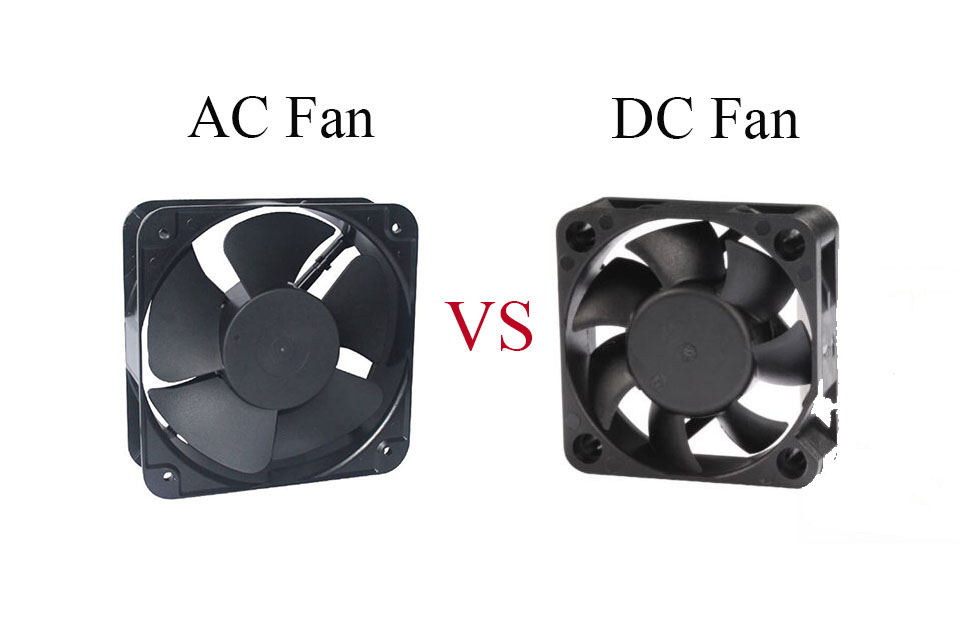
Types of Fans
Fans are essential appliances that provide airflow for cooling and ventilation. The two main types are alternating current (AC) fans and direct current (DC) fans, each with unique characteristics.
AC Fans
AC fans operate on alternating current, the standard electricity found in homes and businesses. They are widely available and typically have a lower initial purchase price, making them a common choice.
However, their primary drawback is lower energy efficiency compared to DC models. For instance, a 60W AC fan may produce the same airflow as a 35W DC fan, leading to operating costs that can be up to 85% higher over time.
Due to their lower efficiency, AC fans often require larger units to achieve performance equivalent to their DC counterparts. Despite increasing energy regulations, the AC fan market continues to grow due to its broad applications and ongoing technological improvements.
DC Fans
DC fans are powered by direct current, which allows for significantly more efficient operation. They are designed to consume less energy, translating to lower utility bills.
While the initial cost of a DC fan is generally higher than an AC fan, the long-term energy savings can offset this investment.
DC fans are also known for their compact designs and precise speed control, making them well-suited for applications where space and energy efficiency are critical. Manufacturers are increasingly focusing on innovation, developing eco-friendly models that use sustainable materials to align with global sustainability goals.
As energy awareness grows and DC technology becomes more affordable, demand for these fans is expected to rise significantly.
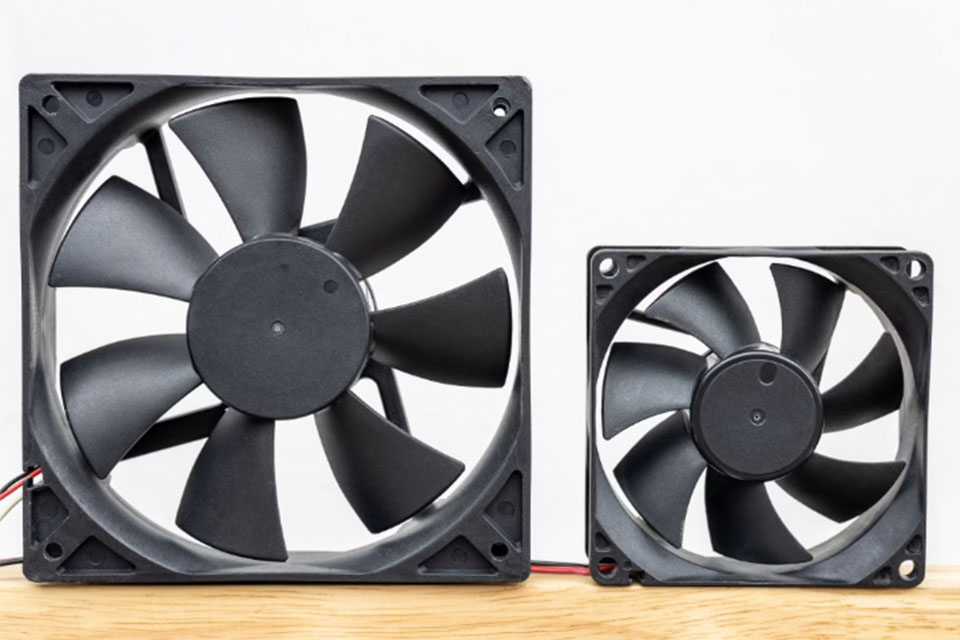
Energy Efficiency
This is the biggest difference. DC fans are the clear winner, consuming far less power than AC fans. This reduces your electricity bill and environmental footprint.
Performance
The performance of AC and DC fans is measured by several key factors, including noise levels, airflow, and suitability for different applications.
· Noise Levels: In environments like homes and offices, low noise is often a priority. DC fans generally operate more quietly than AC fans, giving them an advantage where minimal sound disruption is desired. Manufacturers of both types are increasingly focused on engineering quieter designs to meet consumer demand.
· Airflow and Static Pressure: Airflow measures the volume of air a fan can move, typically in cubic feet per minute (CFM). This is influenced by static pressure, which is the resistance to airflow in a system. There is a negative correlation between the two: as airflow increases, static pressure decreases. Understanding this dynamic is key to selecting an effective fan for cooling electronics or ventilating a room.
· Application Suitability: The best choice of fan depends on the specific task. For high-performance applications requiring precise cooling and speed control, such as in gaming computers or industrial equipment, DC fans are often favored. In contrast, AC fans may be more suitable for ventilating larger spaces or in situations where a lower upfront cost is the primary consideration.
Price Comparison
· AC Fans: Cheaper to buy, more expensive to run.
· DC Fans: More expensive to buy, cheaper to run. Over time, the energy savings from a DC fan can make it the more economical choice.
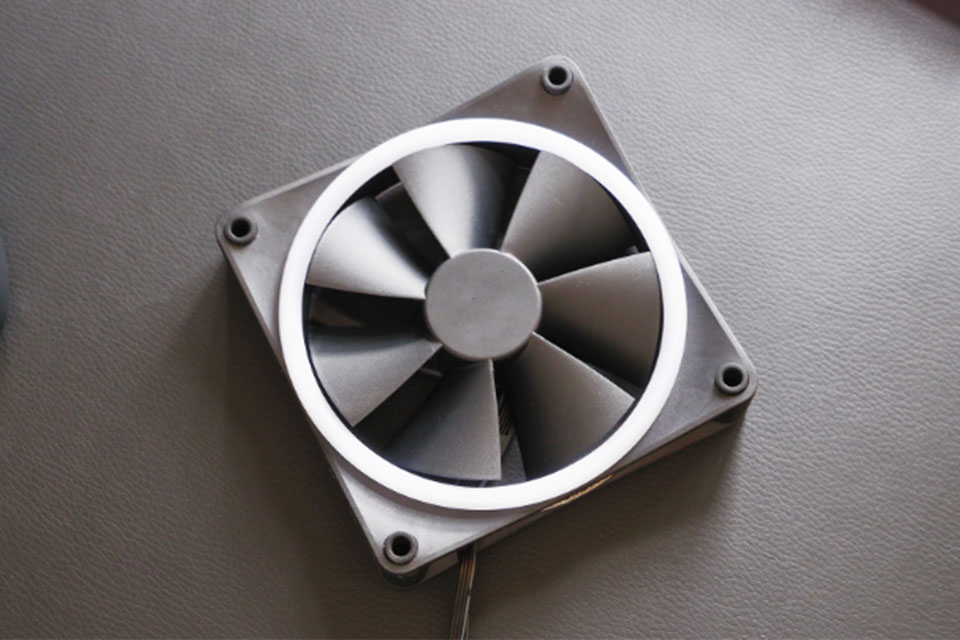
Technological Advancements
Technological advancements are rapidly transforming fan technology, driven by demands for greater energy efficiency, quieter operation, and enhanced performance.
Innovations in the AC fan market include the integration of speed control and noise-reduction features to improve user comfort. More recently, smart technologies have been incorporated, allowing for remote monitoring and control of fan operations, which adds significant convenience.
The DC fan market is also experiencing major enhancements, with a focus on performance and sustainability. New eco-friendly DC fans are being developed with sustainable materials and designs that minimize energy consumption. These advancements have resulted in fans that are not only more efficient but also quieter and more durable, which is especially important for cooling compact electronic devices like laptops.
Historical Context
The competition between AC and DC power is not new. It dates back to the "War of Currents" in the late 19th century between Nikola Tesla, who championed AC power, and Thomas Edison, who advocated for DC. While AC won out for powering the grid, DC technology has made a comeback in modern electronics and energy-efficient appliances like fans.



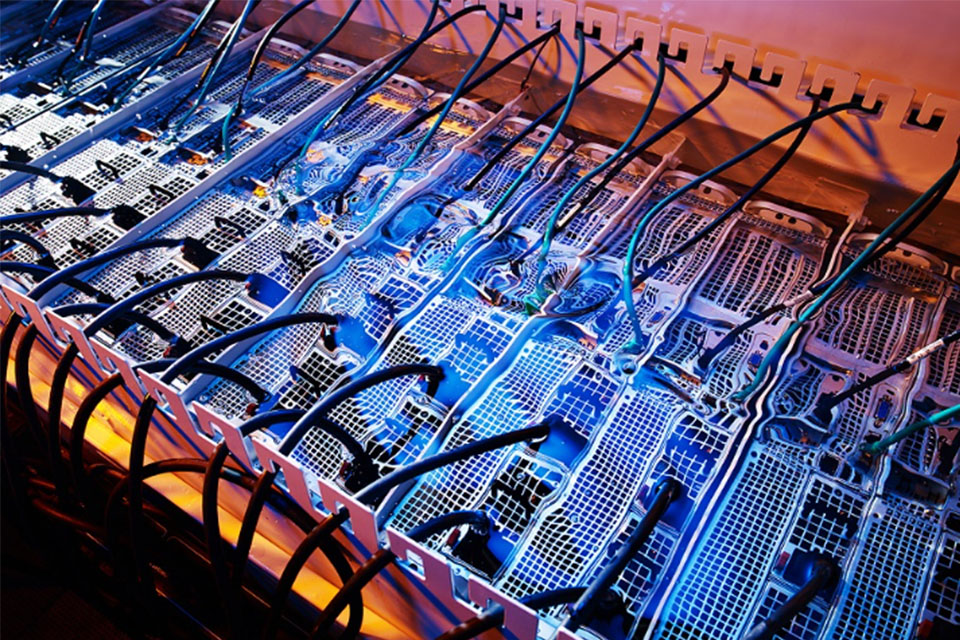 Why Blower Fans Are Essential in Fiber Optic Equipment
Why Blower Fans Are Essential in Fiber Optic Equipment
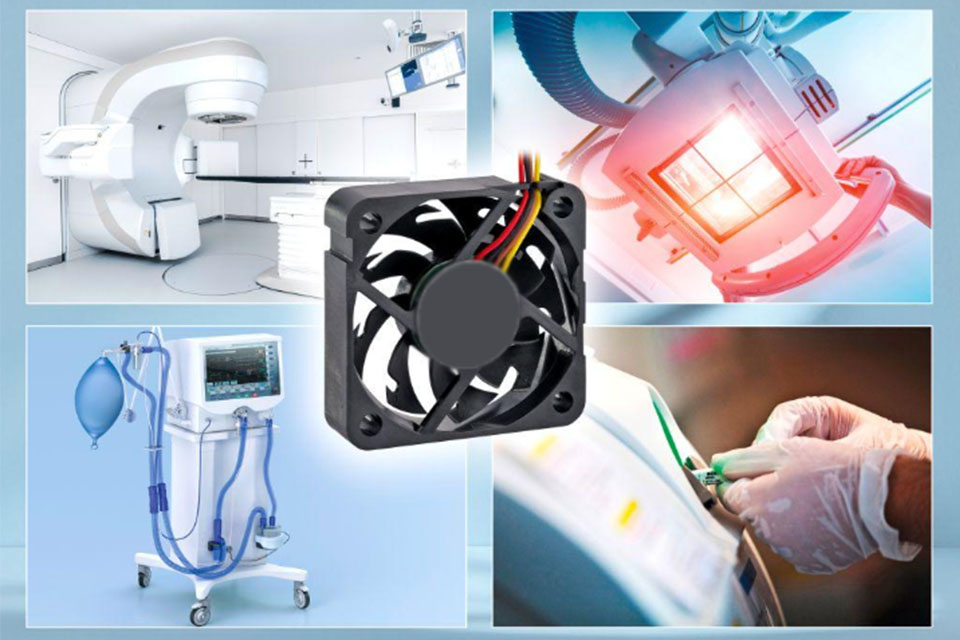 Cooling Fans in Portable Medical Devices
Cooling Fans in Portable Medical Devices
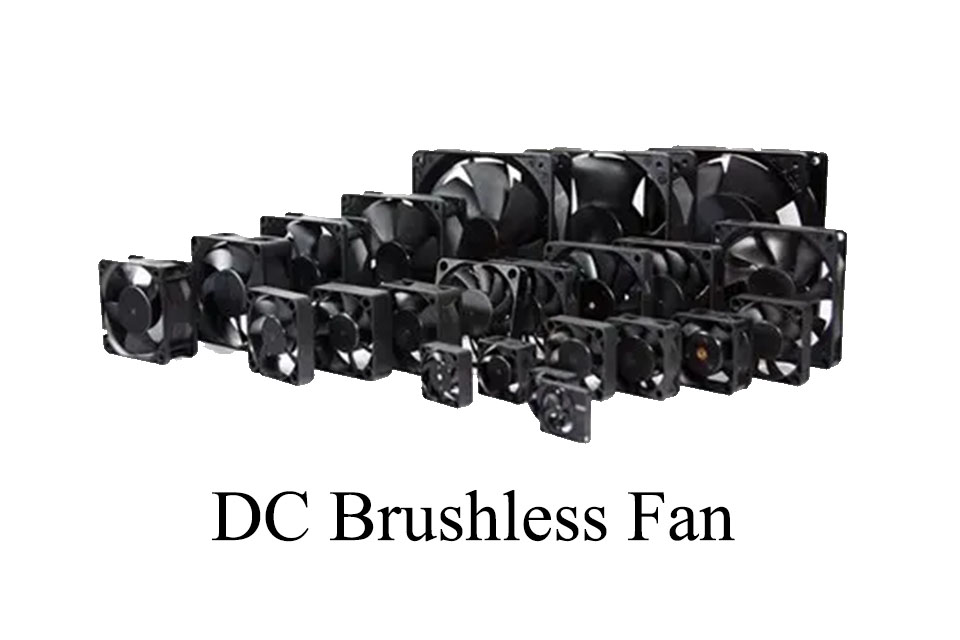 The Critical Role of DC Brushless Fans in Modern Electronics Cooling
The Critical Role of DC Brushless Fans in Modern Electronics Cooling
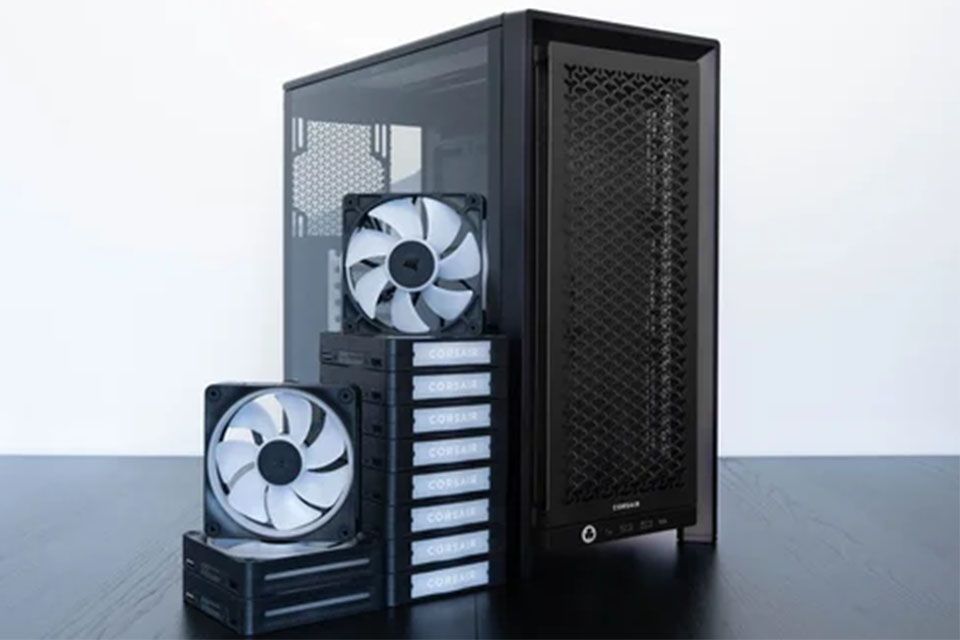 Water-Resistant DC Fans for Harsh Environments
Water-Resistant DC Fans for Harsh Environments

